This information is one part of a series focused on how to amend soil. Please see our resource center where we offer additional instructional videos and articles, as well as our bookstore.
What are Rice Hulls?
Rice hulls are one of the most sustainable soil amendments available for improving drainage, water holding capacity and aeration. Unlike perlite and other rock products, it does not require mining; unlike peat moss it does not require land disruption to produce it.
Similar to coco coir, it is a byproduct of agriculture that people would otherwise consider waste. Farmers remove rice hulls from each grain of rice after harvest. The hulls are then parboiled at a high enough heat to sterilize any grains of rice that found their way into the mix, as well as weed seeds and diseases.
Rice hulls are nontoxic and biodegradable, so they feed the soil as they break down. However, they are stable enough to last for the typical gardening season before decomposing, so the soil will enjoy the benefits of moisture regulation and aeration while your organic vegetables grow. Our rice hulls at GrowOrganic.com are certified organic!
Using Rice Hulls in Your Garden
- For your garden soil, spread about a two" layer across the surface when you fertilize in the spring, and mix it into the top 6–12" of soil.
- For potted plants, you should mix 10–50% rice hulls into the potting soil.
- You can use rice hulls as a mulch for your bedding, similar to how you would use straw.
- Rice hulls are extremely lightweight, so they’re especially ideal for rooftop gardening or other gardens that require an amendment to make your soil lighter.
Comparison of Rice Hulls with Other Soil Amendments
- Rice hulls are most similar to sphagnum peat moss and coco coir, but are more sustainable than either.
- Somewhat less effective at aeration and water retention than peat moss or coco coir, but still a good choice–and if your soil surface is “extra bad” you can compensate for the difference by adding just a little more rice hulls than you would have coir or peat.
- Unlike these similar products, it is neutral pH. The pH of Peat moss and coco coir are both acidic, so use them on acid loving plants or if your soil has a high pH. Use rice hulls if your soil is the correct pH for your plants already, or is naturally acidic.
- Unlike perlite, pumice, vermiculite, and biochar, rice hulls break down after one season of use. This is good for adding organic matter for your vegetable garden, but you will have to reapply it annually to get the other benefits of moisture regulation and aeration.
- Rice hulls are also less dusty than mined soil amendments, and the natural color blends in better with the soil than the grays and whites of pumice and perlite.
You can find more information on soil drainage here in our resource center.


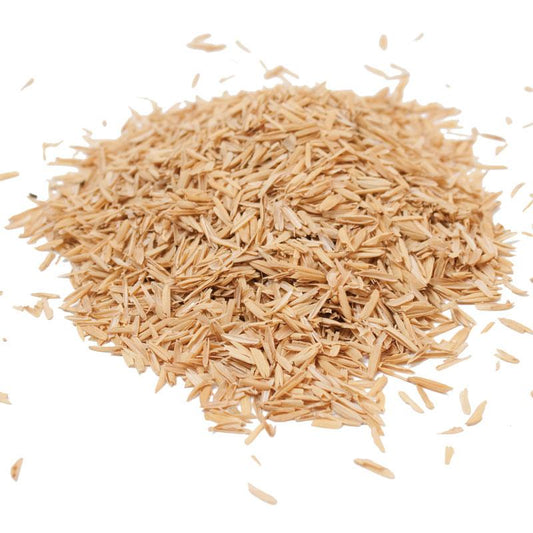
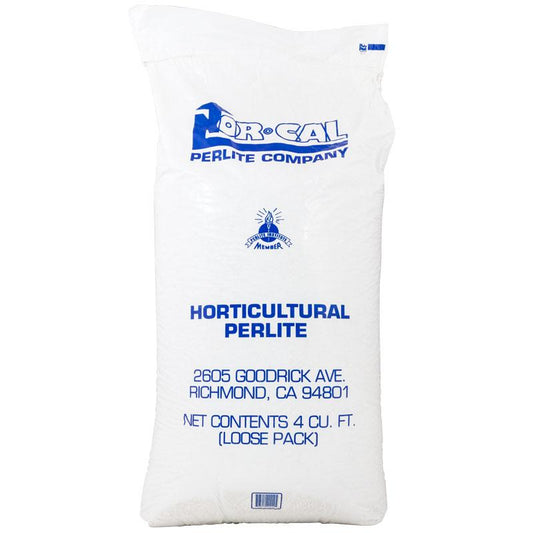
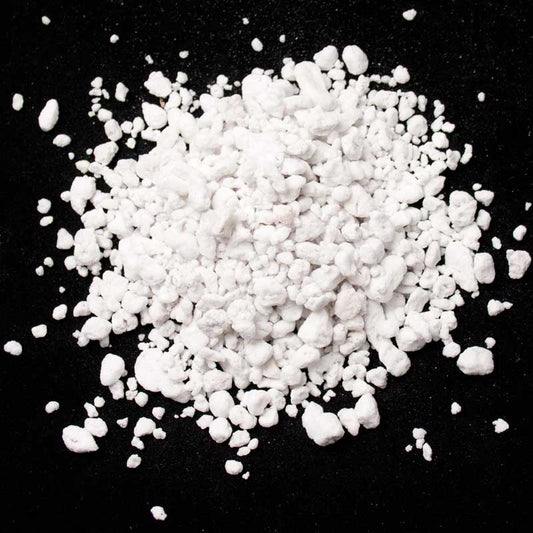
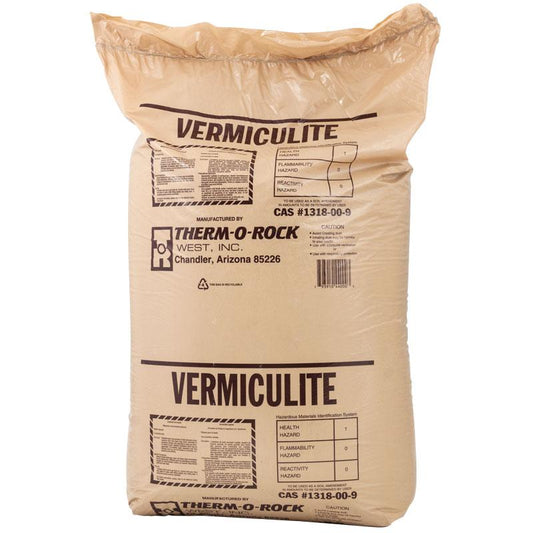
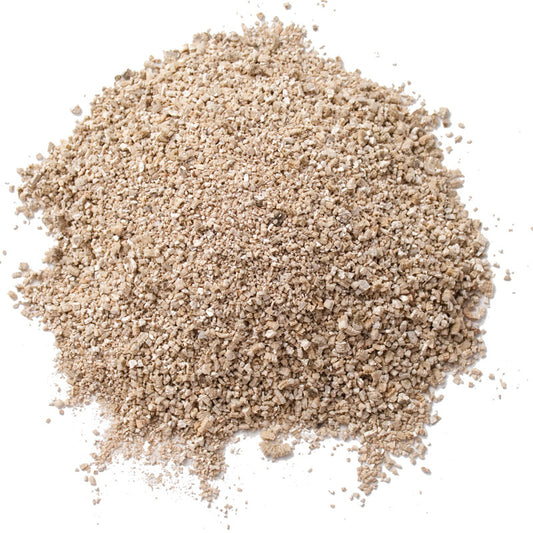
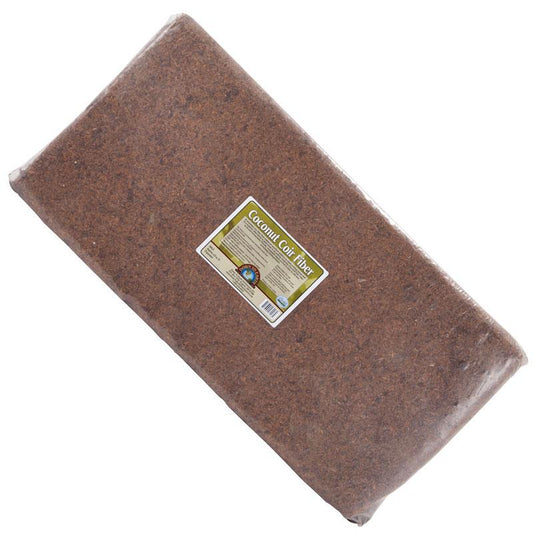
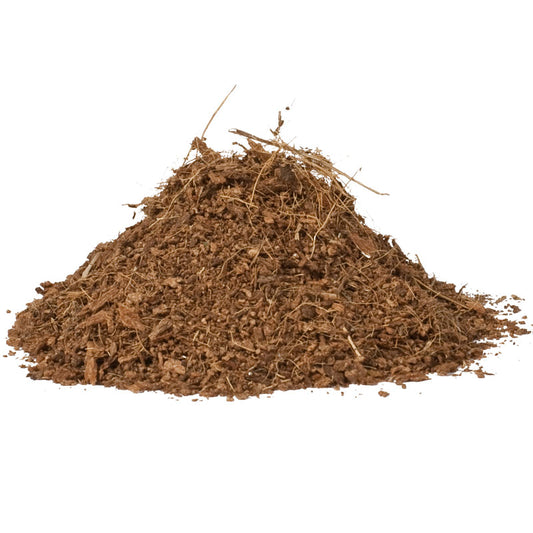
19 comments
Using rice hulls in addition to volcanic rock or pumice as soil amendments (not mulch) for aeration is a good practice for organic farming. If your soil has a high amount of microbial activity, the rice hulls break down over time and give your microbes something to do. The byproducts are good for your soil. That’s in addition to providing great aeration alongside the pumice or volcanic rock. Using it as a mulch would be a waster in my opinion. I use barley straw or pre-charged (inoculated) wood chips depending on the situation.
Marlisa, you could use rice hulls to improve drainage, however, keep in mind that they are an organic material and will therefore break down over time. You might be better off amending your soil with either perlite or pumice which will not break down and will not need to be replaced every few years.
Can I use rice hull to amend clay soil to be used for dragon fruit cultivation?
Plant Grandie, you would use the carbonized rice hulls more like you would biochar. Non-carbonized rice hulls are used more like you would compost, to add organic matter to the soil, loosen the soil and help retain moisture.
Corve, rice hulls could be used as a replacement for perlite, however, it does decompose, so you would have to amend the soil the following year with it. Cocoa hulls are mostly used as a mulch and not mixed into the soil. You have to be careful with cocoa hulls if you have dogs, it can make them sick if they eat it. Perlite does not break down, therefore, you only need to amend the soil once.